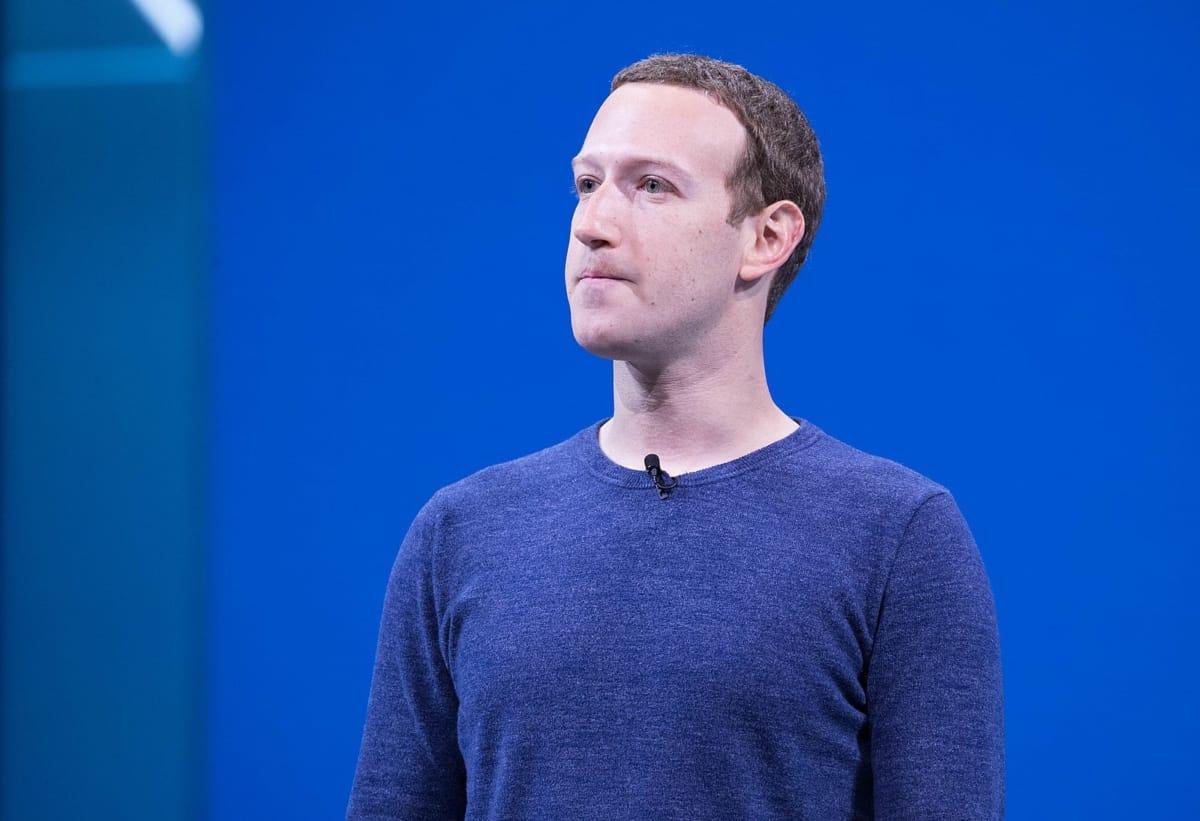‘Like’ Button Liability, the Fight Against ‘Addictive’ Social Media, Defending PEG Media
Third party websites that use Facebook’s “Like” button can be held liable for processing personal user data and transmitting it to Facebook, according to the European Union’s top court. The owner of a website can be held jointly responsible for “the collection and transmission to Facebook of the per
Em McPhie

Third party websites that use Facebook’s “Like” button can be held liable for processing personal user data and transmitting it to Facebook, according to the European Union’s top court.
The owner of a website can be held jointly responsible for “the collection and transmission to Facebook of the personal data of visitors to its website,” the court said in a press release on Monday. “By contrast, that operator is not, in principle, a controller in respect of the subsequent processing of those data carried out by Facebook alone.”
In response to the decision, Facebook may change the way that its ubiquitous “Like” button works. “We are carefully reviewing the court’s decision and will work closely with our partners to ensure they can continue to benefit from our social plugins and other business tools in full compliance with the law,” said Facebook Associate General Counsel Jack Gilbert in a statement.
New bill targeting ‘addictive’ practices of social media
Sen. Josh Hawley, R-Mo., introduced on Tuesday a bill targeting certain engagement practices by social media sites. Titled the Social Media Addiction Reduction Technology (SMART) Act, the legislation would ban YouTube’s autoplay, Snapchat’s streak feature, and Instagram, Facebook, and Twitter’s infinite scrolls.
“Big tech has embraced a business model of addiction,” said Hawley. “Too much of the ‘innovation’ in this space is designed not to create better products, but to capture more attention by using psychological tricks that make it difficult to look away. This legislation will put an end to that and encourage true innovation by tech companies.”
The bill would give the Federal Trade Commission and the Department of Health and Human Services the authority to ban other practices that they considered to be exploitive.
Hawley has been an outspoken critic of social media in the past, suggesting in a May op-ed that society would be better off if digital platforms like Facebook and Twitter vanished altogether.
Democratic senators rise to the defense of PEG channels
Fifteen Democratic Senators wrote a letter on Tuesday urging the Federal Communications Commission to protect public, educational, or governmental stations as it considers changes to the rules governing agreements between Local Franchising Authorities and cable operators.
Currently, cities are permitted to require as part of cable franchise agreements that operators meet demonstrated community needs by providing in-kind contributions that benefit schools, public safety buildings, and PEG channels.
On Thursday, the FCC will vote on a proposal that would allow cable companies to assign a value to these contributions and then subtract that amount from the franchise fees the cable operator pays the local community.
PEG stations “connect Americans to their communities, catalyze civic engagement, and keep us up to date on the local issues and activities that affect our lives,” the Senators wrote, warning that the new proposal “would force local governments to decide between supporting PEG stations and supporting other important services for critical community institutions like schools and public safety buildings.”
(Photo of Mark Zuckerberg by Anthony Quintano, used with permission.)









Member discussion